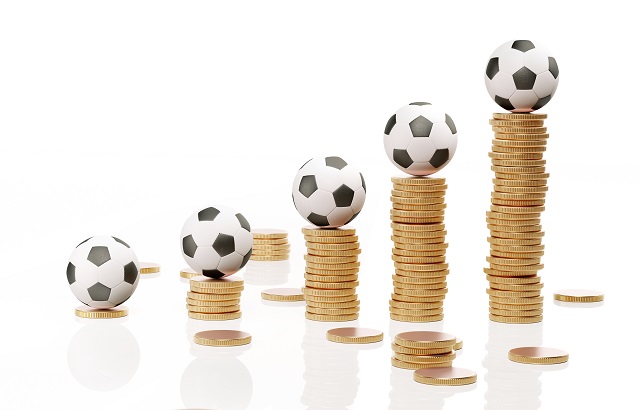Former Charlton Athletic defender Richard Rufus has been convicted of scamming investors out of around £8m ($9.6m, €9.1m), according to UK newspaper Daily Mail.
Rufus reportedly promised annual returns of up to 60% with a business opportunity but it was actually a pyramid scheme.
He claimed to be a currency trader headhunted by a range of financial services giants.
However, the Daily Mail claims that Rufus was ‘losing money hand over fist’ and jurors found him guilty of three counts of fraud, of using criminal property and carrying out regulated activity without permission.
The total value of the fraud came to just under £8m.
Judge Dafna Spiro told Rufus he would be jailed when he returned to Southwark Crown Court for sentencing on 12 January.
Details
The media report said that Rufus claimed ‘football friends’ had profitably invested with him.
Prosecutor Lucy Organ said: “The investments were in fact fraught with risk. Rather than returning the profits they were promised, they lost a great deal of money. Mr Rufus took over £15m in total. He traded some of it, as I have said, losing vast amounts, but that wasn’t the end of the fraud.
“Of that money, about £2m he never even transferred to foreign exchange trading accounts. He used this money partly to prop up the losses that his scams were making.
“Making payments back to other investors to continue the pretence that they were making a good investment, a so-called ‘pyramid scheme’ and partly simply for his own benefit, treating the money he received from investors as his own.”
Of the £15m paid by investors into Rufus’ personal account, only £7m was transferred into his trading account. Rufus had his accounts frozen by the Financial Services Agency in February 2011, but he continued to take money from investors he had duped, Organ said.
“That money too was never invested and never went near a trading account. He used this money to either further the fraud by paying investor’s fake profits or simply as his own money,” she added. “Whilst paying investors fake profits, paying back so-called capital, he simply paid his own bills with that money.”








